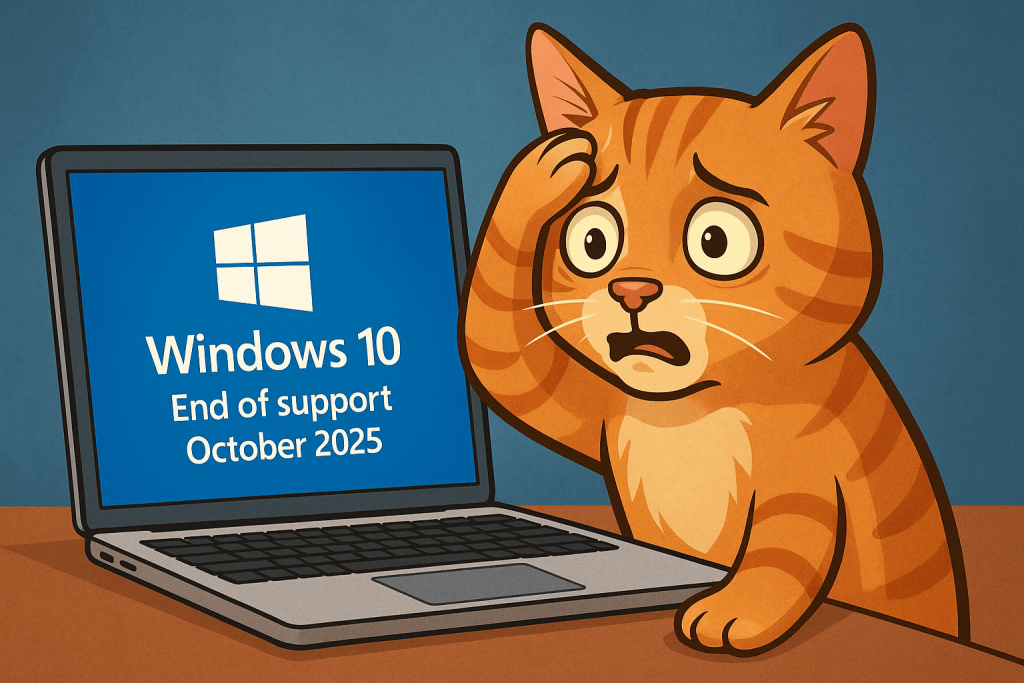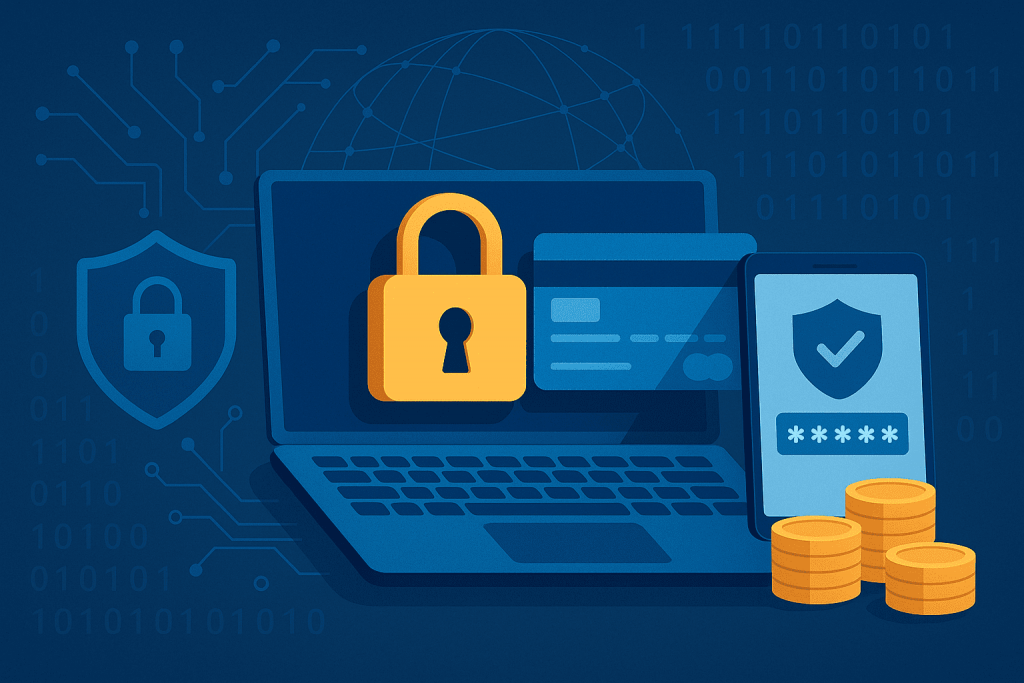
On October 14, 2025, Microsoft will officially end support for Windows 10. For millions of users and businesses worldwide, this marks the end of an era: system security, stability, and compatibility will no longer be guaranteed.
According to StatCounter, in 2024 Windows 10 accounted for over 55% of PC usage in Ukraine. This means hundreds of thousands of companies and individuals will need to decide what to do next.
In this article, we will explain what the end of support actually means, what risks it brings, and what migration options are available. We will also look at how to leverage modern infrastructure solutions from RX-NAME to avoid problems and keep your business secure.

